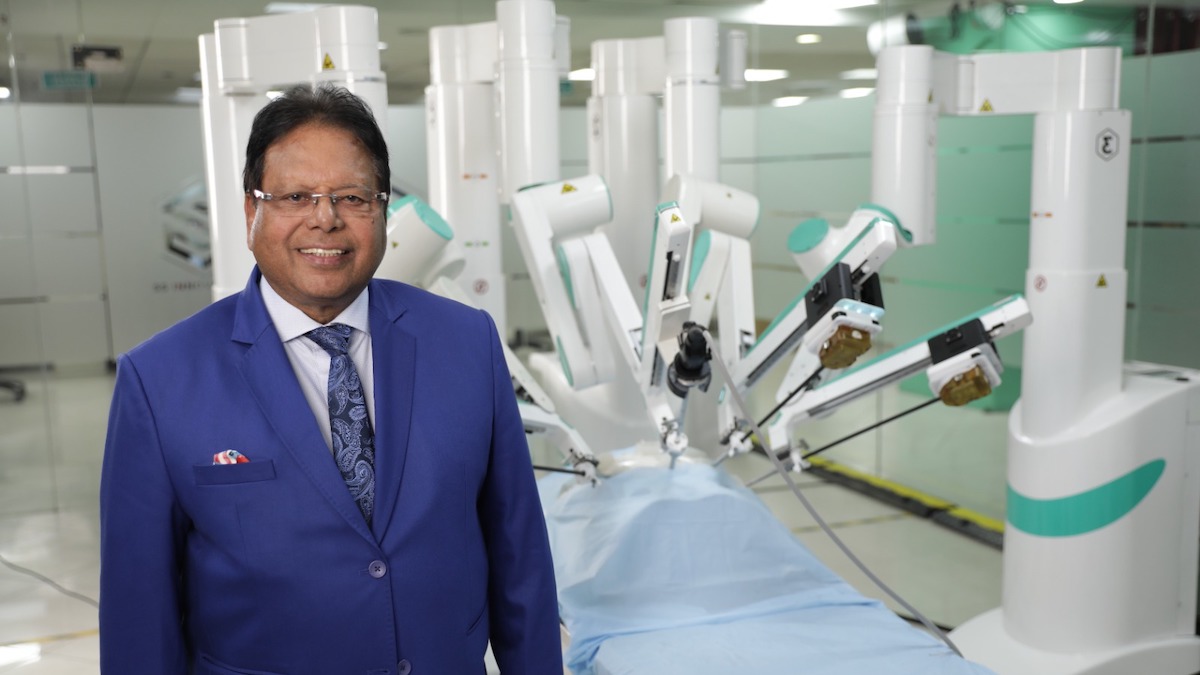As per Supreme Court orders, dated December 12, 2017 and July 10, 2018; the NHRC( National Human Rights Commission) has directed the Union health and family welfare ministry to amend Clinical Establishment Amendment Rules, 2018, that medical test report should be countersigned only by a registered medical practitioner with a postgraduate qualification in pathology.
Dr. Rohit Jain, secretary of Practicing Pathologists Society (PPS), Rajasthan has filed a complaint and with taking action on that The NHRC sent the instructions to the health ministry. As per the last letter noticed, dated 4, December 2018, the commission asked the ministry to take requisite action within 8 weeks and inform the complainant of the action taken in the matter.
Dr. Jain had requested for rectification in Clinical Establishment Amendment Rules, 2018 in view of the Supreme Court orders.
He had drawn the consideration of the human rights commission to the way that the base capability of the specialized head of research center/expert/approved signatories of fundamental composite labs (little labs) as assigned by the service in the changed guidelines is MBBS which is alluring. Little labs frame more than 90 percent of the demonstrative labs in India. This would advance quack practice in symptomatic section against the Preamble of Article 21 and 47 of the Constitution of India, expressed the complainant.
This has made ready for anybody to sign restorative test report subsequently trading off conclusion and treatment of illnesses. Indeed, even the translation or feeling to be recorded on a medicinal test report has not been made compulsory, said Dr. Jain.
This repudiates the MOHFW letter No. V.11025/01/2016-MEP (Pt.VI) dated December 26, 2016, which said that no individual other than a specialist having capability enlisted with Medical Council of India/State Medical Council(s) is permitted to a training present day arrangement of prescription or medical procedure or sign a clinical research center report.
The changed tenets are additionally disregarding area 15(2)C of the Indian Medical Council Act, 1956 and the Supreme court orders-dated December 12, 2017, in SLP No. 28259/2010 and July 10, 2018, in the survey request (common) No. 1825/2018 in SLP No. 28259/2010. It has likewise disregarded Medical Council of India letter(s) dated June 14, 2017, and December 14, 2017.
The secretary of PPS, Rajasthan has engaged the NHRC to promptly redress this mistake to the greatest advantage of the wellbeing of the natives of India and change the base capability for essential composite labs according to the previously mentioned Supreme Court arranges and does not leave the larger part of Indian populace to quacks.
So as to put a conclusion to misrepresentation, alteration should be done in Clinical Establishment Amendment Rules, 2018 setting least benchmarks for way labs, he stated, including that it will spare the exact introduction of the Clinical Establishments Act, 2010 according to Article 47 of the Constitution of India and control the infringement of human rights in determination and treatment of patients.
Following the bearing of NHRC, the wellbeing service has on January 25, 2019, kept in touch with the complainant expressing that the issue is under examination in the service in an interview with MCI and the concerned service/division.
On May 18, 2018, the wellbeing service had told Clinical Establishment Amendment Rules laying out least models for indicative labs with an intent to put a conclusion to pretense in restorative diagnostics. The revised principles have characterized indicative labs into three classes – fundamental composite (little) labs, medium labs and propelled labs. For medium and propelled labs, a post graduate in pathology or organic chemistry or therapeutic science is a fundamental capability. Be that as it may, there is no base capability for little labs. For them, a pathology degree in medication or medical procedure from a perceived college is alluring.







